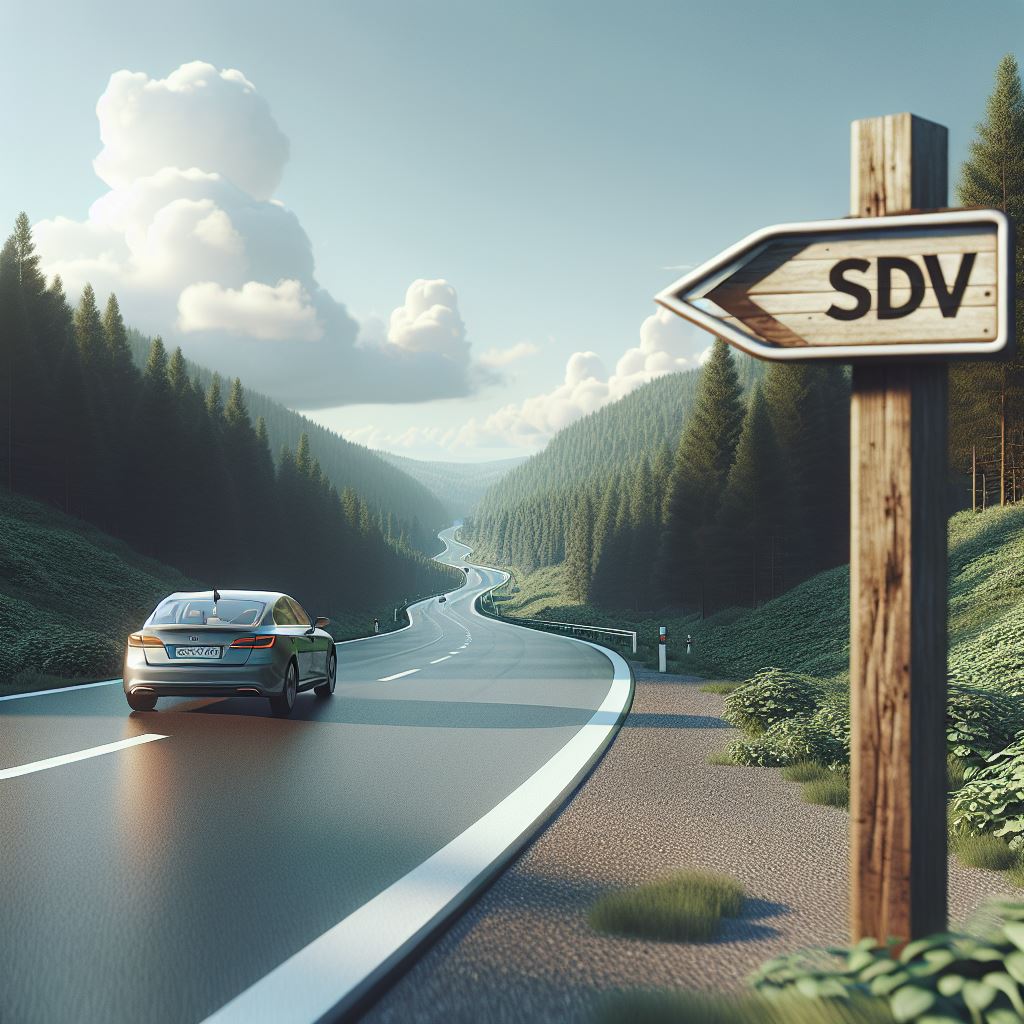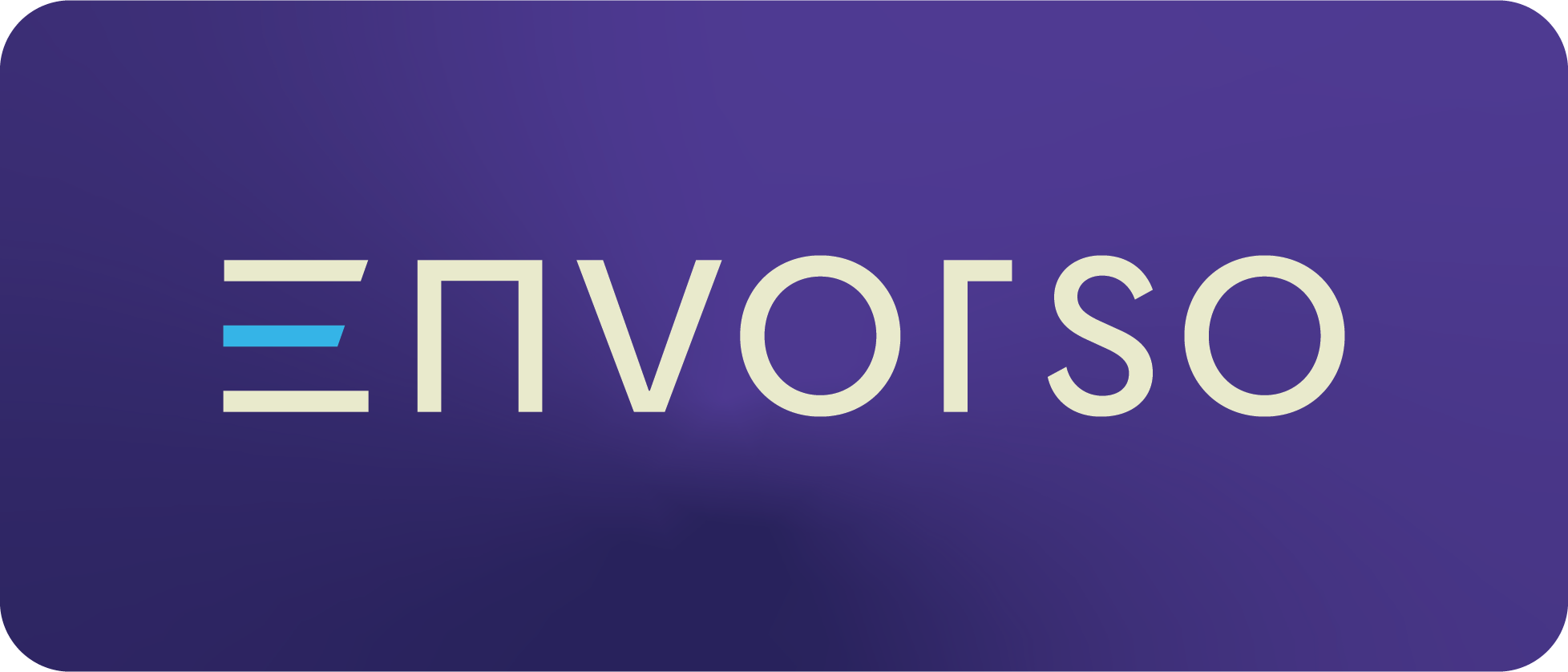Open Source in Automotive - The Eclipse Foundation's Road to Software-Defined Vehicles

The Shifting Landscape of Automotive Software
The Eclipse Foundation recently published the final report in its three-part research series on open source software in automotive, titled “Challenges Facing Open Source Software in the Automotive Ecosystem.” This timely research arrives as vehicles increasingly become “computers on wheels,” with software systems defining critical functionality.
According to the research, over 97% of automotive software professionals already use open source frequently, with nearly half of decision-makers calling it crucial to team success. Yet the industry’s full transition faces significant hurdles.
Proprietary Solutions: Locked-In Without the Benefits
Most automakers currently rely on proprietary solutions from providers like Wind River, Green Hills, and Vector. While these closed ecosystems offer stability, they often exhibit the disadvantages of open source without its benefits:
- They frequently require source code access for customization, demanding similar expertise to maintain and modify as open source would
- Despite providing source code, they lock manufacturers into long-term vendor relationships without the freedom to modify, share, or collaborate broadly
- Manufacturers must still staff engineering teams to work with the code but lack the community support and innovation ecosystem of true open source
The article “OSS in Automotive: Wandering the Desert or Finding the Promised Land?” by Michael Entner-Gómez discusses the challenges and potential of open-source software (OSS) in the automotive industry. It highlights issues such as fragmentation, security risks, and vendor lock-in, particularly in autonomous platforms and infotainment systems. The article suggests a path forward through security hardening, collaboration, safety certification, and knowledge sharing. Recent initiatives like Eclipse SDV are noted as promising efforts to standardize and certify OSS components, aiming to transform the automotive sector.
“The future of OSS in automotive hinges on collaboration, security, and compliance to unlock its transformative potential.” - Michael Entner-Gómez
Indeed real software expertise is required to incorporate OSS effectively. The author was involved in commissioning a study at Microsoft that surveyed 150 embedded projects, and found that those that relied on OSS needed to invest in significant permanent personnel to support versus using a commercial object code solution.
Key Adoption Challenges
The Eclipse research identifies several critical barriers to open source adoption:
- Skills Gap: The vast open source landscape makes maintaining in-house expertise difficult, especially critical for safety-sensitive automotive applications
- Organizational Transformation: Shifting from hardware-centric to software-centric business models
- Safety Certification: Ensuring open source components meet stringent automotive standards
- Supply Chain Integration: Coordinating adoption across complex multi-tier supplier networks
The Eclipse SDV Working Group Approach
The Eclipse Software Defined Vehicle (SDV) working group takes a distinctive “code first” approach with over 50 members including leading manufacturers, cloud providers, and technology firms. Their work is organized around three areas:
- SDV.Dev: Development toolchains and workflows
- SDV.Ops: Cloud-based fleet management
- SDV.Edge: In-vehicle software stacks
This implementation-focused approach differs from traditional standards bodies that develop specifications first and leave implementation to individual companies.
Learning from Past Consortia
The automotive industry has seen collaborative initiatives before, notably AUTOSAR (founded 2003) and COVESA/GENIVI (founded 2009). Eclipse SDV differs in key ways:
- Implementation over specifications
- Addressing the full software stack rather than specific domains
- Liberal open source licensing versus FRAND arrangements
- Broader technology ecosystem participation
Commercial Ecosystem: Who Benefits
While the Eclipse Foundation operates as a non-profit, it serves commercial interests through a “business-friendly environment” supported by member fees. Several company types benefit:
- Global Consulting Firms: Accenture and Capgemini use open source as a foundation for higher-value consulting
- Specialized Engineering Services: Companies like Codethink and Elektrobit gain credibility and expertise
- Technology Providers: Microsoft and Red Hat ensure platform compatibility with emerging standards
This ecosystem balances open collaboration with commercial interests – companies contribute to base technology then differentiate through specialized services built on that foundation.
Implementation Considerations for Automakers
For automotive companies considering increased open source adoption:
- Build Core Expertise: Dedicate resources to building in-house open source competency
- Restructure Teams: Create flatter, more collaborative development organizations
- Integrate Safety Processes: Develop clear policies for open source in safety-critical systems
- Redefine Vendor Relationships: Shift from buying solutions to partnering for support and expertise
The Road Ahead
The industry’s transition to open source will likely be evolutionary. Most companies will adopt hybrid approaches, using open source for some components while maintaining proprietary solutions for others.
The research indicates significant benefits: most companies expect to see more than a 10% increase in innovation by leveraging open source technologies, with some anticipating gains of 20-30%.
Conclusion
The Eclipse Foundation’s research illuminates both opportunities and challenges in automotive open source adoption. The Eclipse SDV Working Group offers a promising model of collaborative development that balances open innovation with commercial interests.
By contributing to shared foundations while focusing internal resources on differentiating features, automotive companies can potentially accelerate innovation without sacrificing competitive advantage – a compelling proposition for an industry racing toward a software-defined future.
References
- Eclipse Foundation Research Report: “Challenges Facing Open Source Software in the Automotive Ecosystem” (March 2025)
- Eclipse Foundation Previous Research: “Driving Efficiency and Sustainability” (December 2024)
- Eclipse SDV Working Group Overview
- Mike Entner-Gomez’s blog: “OSS in Automotive: Wandering the Desert”
- AUTOSAR Partnership Overview
- COVESA (formerly GENIVI) Alliance Information
- Accenture Software Defined Vehicle Solutions
- Capgemini Automotive Software Transformation Services
- Codethink Eclipse Foundation Membership Announcement
- BMW Group Announcement on Eclipse SDV Participation
